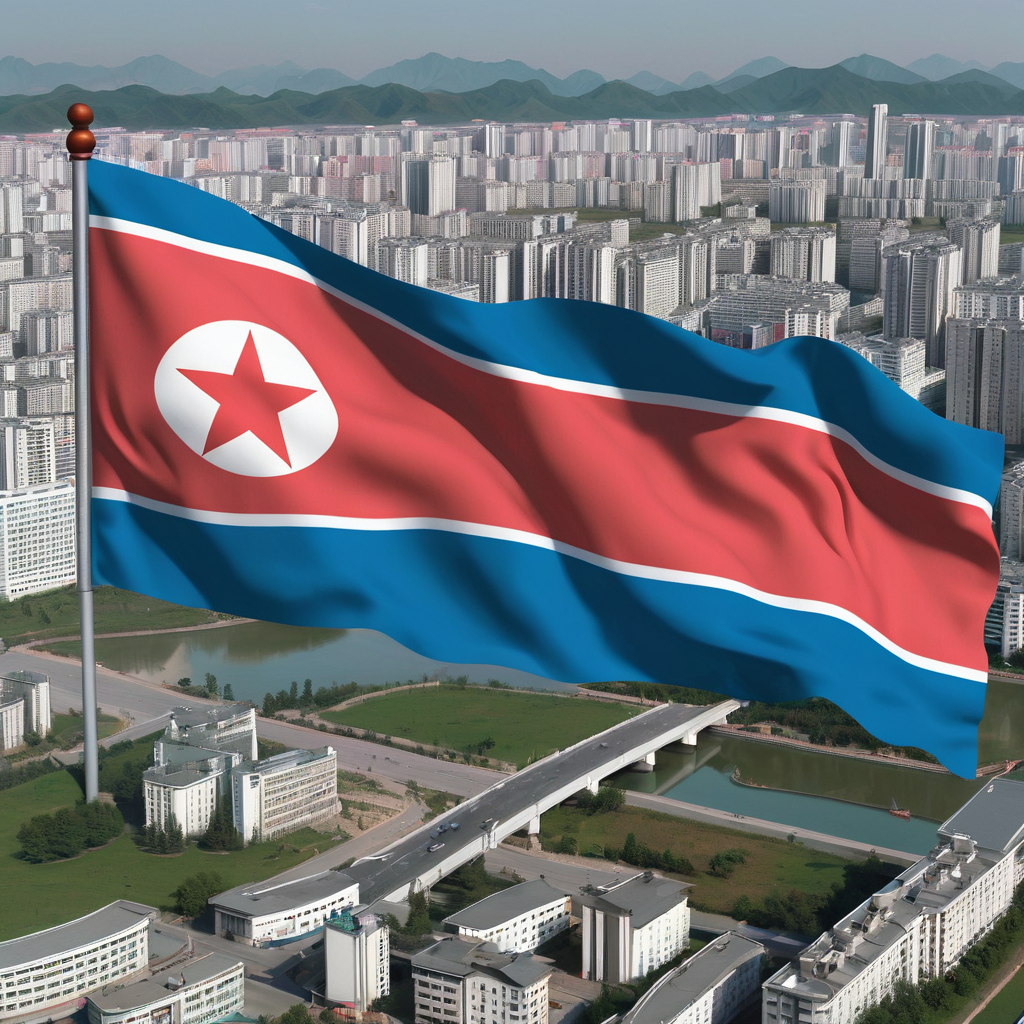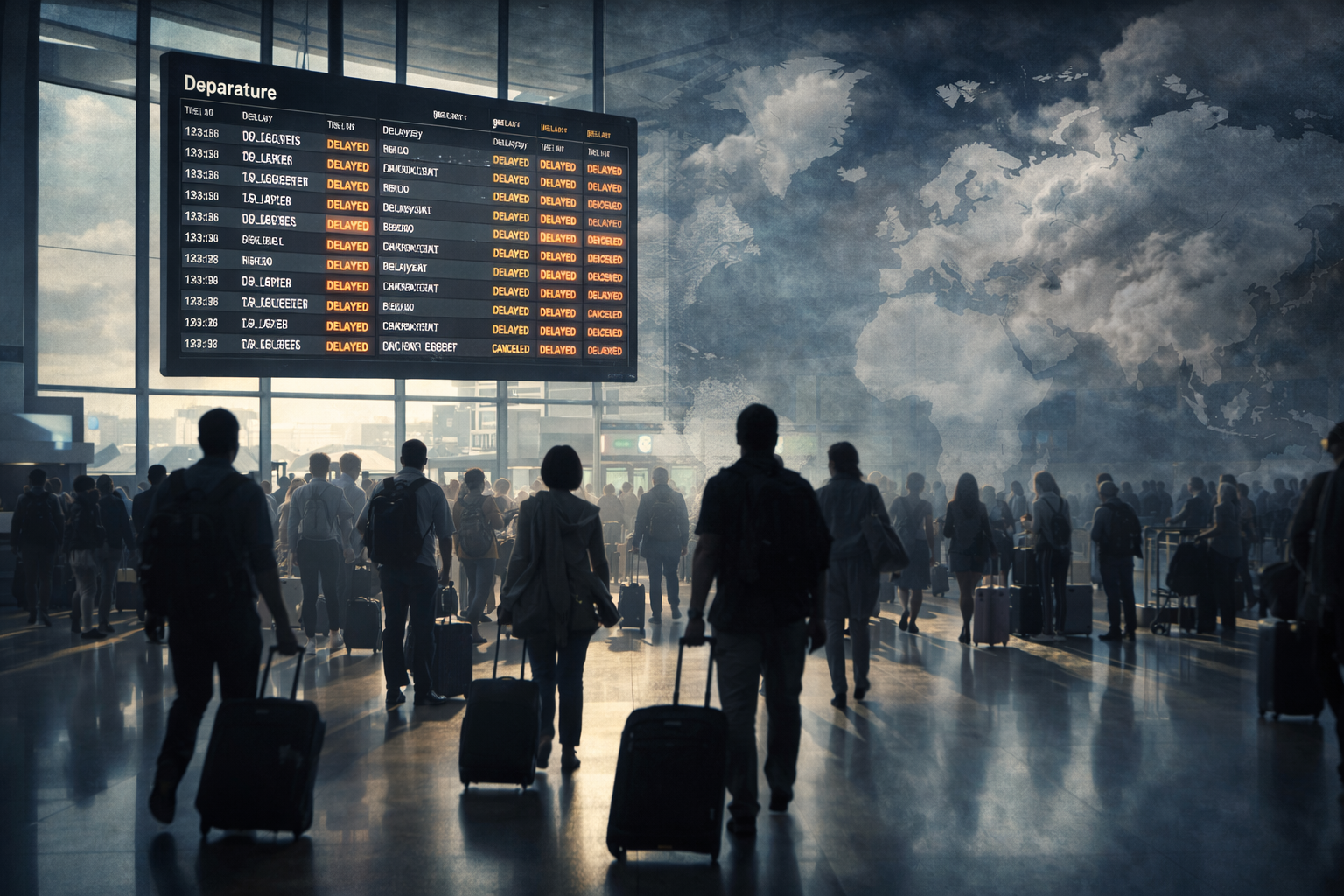
On July 20, 2024, the U.S. State Department announced a renewed prohibition on American citizens traveling to North Korea, effective immediately and set to last until July 20, 2025. This decision, driven by escalating geopolitical tensions and mounting safety concerns, aims to protect American citizens from the unpredictable and often hostile environment of the reclusive nation.
The State Department’s announcement comes in response to a series of aggressive actions by North Korea, including recent missile tests and provocative rhetoric targeting both neighboring countries and the United States. Officials highlighted the risk to U.S. citizens, noting the absence of diplomatic relations and the limited ability of the U.S. government to provide consular assistance in emergencies.
North Korea, known for its isolationist policies and strict control over information, has long been a challenging destination for travelers. The prohibition follows a history of incidents involving the detention of American citizens, most notably the case of Otto Warmbier. Warmbier, a U.S. college student, was arrested in 2016 for allegedly stealing a propaganda poster and sentenced to 15 years of hard labor. He was returned to the U.S. in a coma in 2017 and died shortly after.
The new travel ban reiterates the State Department’s previous warnings, urging Americans currently in North Korea to leave immediately. The prohibition will be reviewed annually but is expected to remain in place as long as the current risks persist.
Critics of the ban argue that it further isolates North Korean citizens from the outside world and hampers people-to-people diplomacy. However, proponents assert that the primary duty of the government is to ensure the safety and security of its citizens.
As the international community continues to monitor the situation closely, the implications of this travel prohibition extend beyond tourism, potentially affecting broader diplomatic and economic relations between the U.S. and North Korea.









